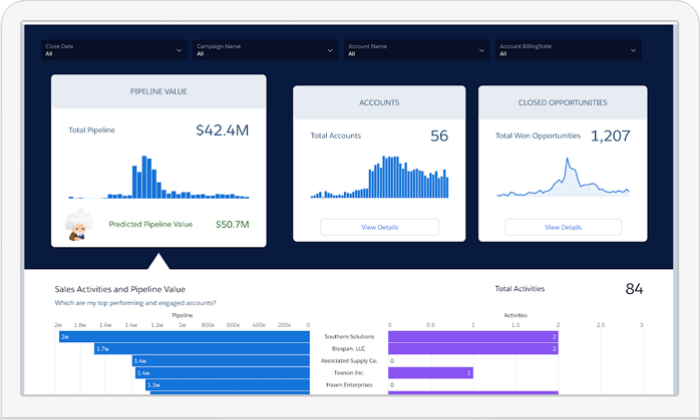Why CRM and Marketing Automation Need Each Other

By ttaylor@hubspot.com (Tristen Taylor)
Turning prospects into loyal customers is a multi-step process requiring the combined efforts of cross-functional teams. Thankfully, there are different types of technologies available to make the task more organized and easy — like customer relationship management software (CRM) and marketing automation.
But it’s not just about how much easier it makes your job. When the two software work together, it can become a more streamlined process that can potentially convert more prospects into qualified leads quicker and more effectively.
And more businesses are seeing the value in integrating the two. In fact, 52% of marketers prioritize implementing marketing automation platforms that can integrate into other solutions to enhance their marketing efforts.
In this post, we’ll review what marketing automation and CRM software do, and why they need each other to better help your business.
CRM and Marketing Automation
Before we dive into why marketing automation and CRM should be integrated, we need to understand their specific functions.
What is marketing automation software?
Marketing automation software helps marketers promote and streamline content without manual application. This includes automating the distribution of content and reporting analytics derived from how prospects interact with it. It pulls data from when leads visit your website, open an email, fill out a form, or read a blog, and makes the data easily accessible for the business to build its strategy.
Ultimately, the goal is to streamline the process of taking a lead, nurturing them, and moving them to a sales-qualified lead. Essentially, it’s all about lead generation and personalization.
Some of the best marketing automation software include HubSpot, MailChimp, and Marketo.
What is customer relationship management software?
On the other hand, customer relationship management (CRM) is software for sales and service teams to manage their pipeline and lead qualification processes. It historically tracks customer data, including dates and notes of phone conversations, past purchase records, and email interactions as they proceed through the buyer’s journey.
Essentially, with this software, your salesperson can see the full picture of who a prospect is, their history with your company, and their journey to becoming a customer.
Best CRM for Marketing Automation
HubSpot is one of the best choices for CRM marketing automation tools because the HubSpot Marketing Hub includes the foundational CRM functionalities, so you have both software in one.
And for seamless CRM integration, users can manage both their sales and marketing strategies in the HubSpot Marketing Hub and advanced Sales Hub together for more sophisticated features in marketing automation and CRM.
If you’re interested in using HubSpot for your marketing automation needs, but need some guidance on assessing your marketing automation strategy, use our Simple Guide to Smart Automation.
Now that we’ve discussed what each software does and how they can help your team, we can address the big question, “Why do these need to work …read more
Source:: HubSpot Blog









